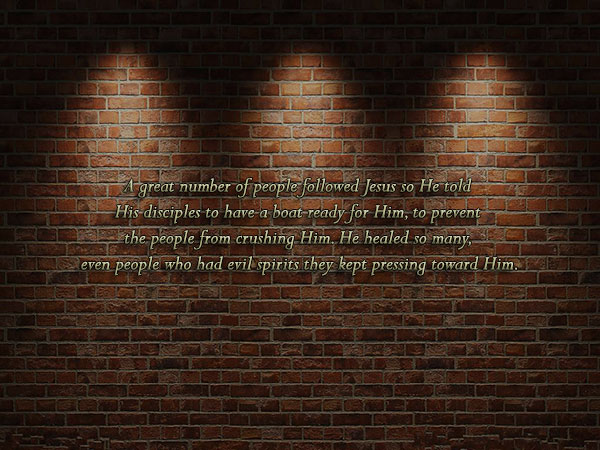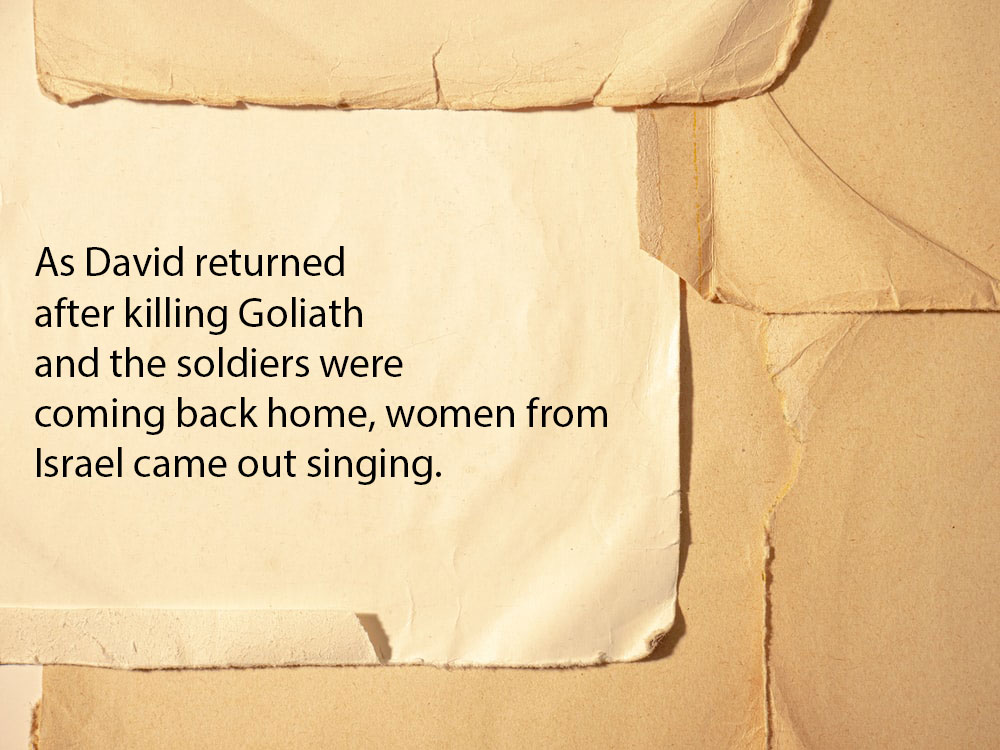Gospel: Lk 7:11-17
A little later, Jesus went to a town called Naim. He was accompanied by his disciples and a great number of people. As he reached the gate of the town, a dead man was being carried out. He was the only son of his mother, and she was a widow; there followed a large crowd of townspeople. On seeing her, the Lord had pity on her and said, “Don’t cry.” Then he came up and touched the stretcher, and the men who carried it stopped. Jesus then said, “Young man, I say to you, wake up!” And the dead man sat up and began to speak, and Jesus gave him to his mother. A holy fear came over them all, and they praised God saying, “A great prophet has appeared among us. God has visited his people.” This news spread throughout Judea and the surrounding places.Reflections
We find Jesus with a crowd of followers entering the town of Nain, and they are met by a funeral procession that is leaving town. At the city gates, a mother is weeping and pained by the loss of her only son. Many mourning parents who have shed the same tears as this mother testify that nothing compares to the devastation of losing a child. But we are quickly told that this is not the only loss she has endured. Her son’s death was preceded by that of her husband. Coupled with the lost is the socio-economic setting where women encounter gender inequality in property ownership, job opportunities, and access to resources. When the funeral procession ends, the crowd will depart, and she will have to return to the agony of another empty chair at the dinner table. She will have to face the reality of having no food to feed herself. How will this woman care for herself and any remaining members in her family? The reality of widows in the ancient world is life-threatening at worst, helpless most of the time. It is made very clear that the widow will now have no means of economic support: both her husband and her only son are dead. The woman is bereft not only of a son, but of any means to sustain her own life.© Copyright Bible Diary 2018
2014 Copyright. Claretian Communications Foundation Inc







